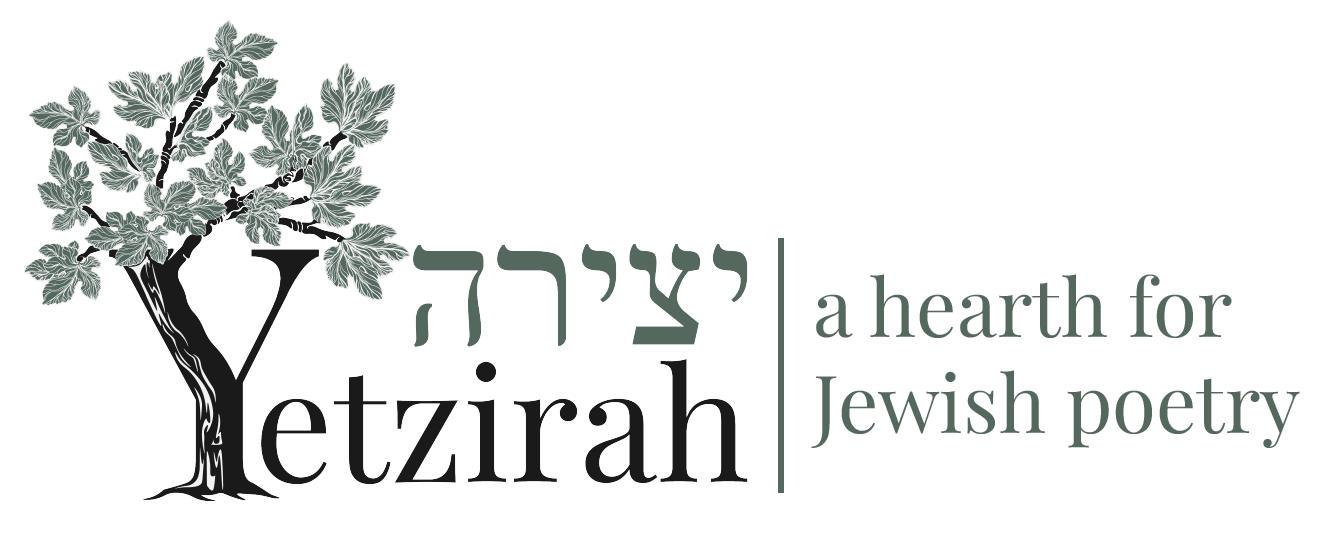
Immanuel Suttner
Current City, State, Country
Birth City, State, Country
Biography
Immanuel Suttner was born in Johannesburg, South Africa, to Freda Suttner (nee Toker) and Ronald Suttner. His mother, besides being a talented pianist, had multiple professional identities, the last one, before her early death in 1987, being an educational psychologist. His father, Ron, was an electrical engineer by training, who loved early jazz and blues, bird watching, model trains and stamp collecting.
Suttner was schooled at a government (public) primary school, and thereafter at a private Jewish high school. Raised in the essentially secular “non-observant Orthodoxy” that was normative in the South African Jewish Community, he left for Israel in 1981 upon completing high school. Intending to study preparatory university courses at the Hebrew University of Jerusalem, he somehow ended up trying on ultra-orthodoxy for some 3.5 years, most of which was spent at Ohr Somayach, a Jerusalem yeshiva specialising in “baalei teshuvah.”
After several years Suttner sought to exit the haredi world, and went to Kibbutz Tzora, where he had cousins. There Suttner attempted to ‘deprogramme’ himself, and become a secular Israeli. As part of that process he served in the IDF Nachal brigade for two years. Post the army Suttner did a degree at Hebrew University, in English literature, with sub majors in Hebrew literature and musicology.
In 1991 Suttner returned to South Africa for a “holiday”, which lasted 17 years. In 2008 Suttner emigrated to Sydney, Australia, where he currently resides.
Suttner has authored scripts for television, non-fiction books, a fiction children’s book, and short stories. His poetry is regularly published in journals in the USA, India, Israel, South Africa and Australia. He has also published translations of Yehuda Amichai\’s poems, and of the Makamot of Alcharizi. Suttner has been influenced by the likes of Robert Frost, Yehuda Amichai, Natan Alterman, Alan Ginsburg, and by devotional and liturgical poetry. His poetry is simple, accessible, intimate, its voice colloquial, its subject matter as varied as the poet’s life on three continents, but for want of better approximations might be characterised as shifting between the confessional, the polemical and the devotional.
What is the relationship between Judaism and/or Jewish culture and your poetry?
I speak Hebrew and English fluently, and my poems have frequently alluded to, played with, or subverted passages from the Tanach, Talmud, Siddur and other canonised Jewish source texts. Some do this while commenting upon contemporary Jewish experience, including its contradictions and challenges. Others are universal, opening up our traditions to the curious and the receptive.
Tefilat haDerech – Prayer of the Road
oh Lord, keep me black
fill my holes
with tar
make me run to interesting places
and don’t let them build
a highway to replace me
__________________
Tefilat haDerech is a Hebrew prayer for travellers, to be said when embarking upon a journey. Tefilat haDerech means “prayer for the way”, but also literally translates as “Prayer of the road”
_____________________
The bread of our affliction:
chocolate covered matzot
____________________
Arfilei tohar – Mists of Purity
the clouds of semen
released by sock-eye salmon
to fertilize their partner\’s eggs
shortly before they die
__________________
* arfilei tohar is a Hebrew phrase meaning ‘mists of purity.’ It is found in mystical mediaeval texts such as the 14th Century Sefer haPliyah, the “Book of Wonder”. It describes one of the “veils” that surround G-d
_____________________
Because many of my poems are reworkings of my own journey, my first collection Hidden and Revealed (2007), has a number of poems that draw upon my time in yeshiva, in the IDF, and thereafter as a diaspora Jew with an intense connection to Israel. “Jewishness” continues to surface in my work, whether wrestling with the inter-generational trauma of being othered and marginalised, or unpacking my own multivalenced selfhood, or teasing out threads of non-dualism (“advaita”) that are embedded – sometimes visibly, sometimes less so – in Jewish traditions.
Published Works
Poetry
Ripening (Quartz Press, 2020)
Hidden and Revealed (Quartz Press/Snail Press, 2007)
Edited Works
Cutting Through The Mountain: Interviews with South African Jewish Activists (Viking/Penguin, 1997)
Children’s Books
Learn About South Africa (Awareness Publishing, 2007)
The African Animal Football Cup (Quartz Press, 2010)
Links to Sample Works
Current Title
Education
Hebrew University of Jerusalem, B.A. in Literature, Summa Cum Laude, 1991
Harvard Graduate School of Education, Diploma in Teaching for Understanding, 2008
Jansen-Newman Institute, Masters in Counselling and Applied Psychotherapy, 2014
